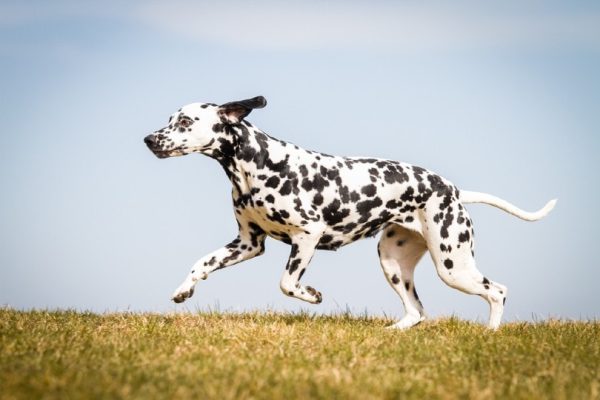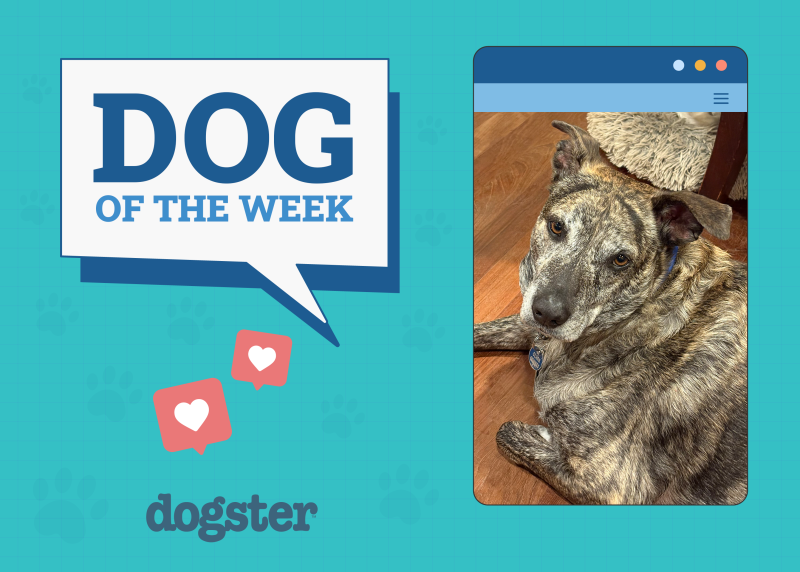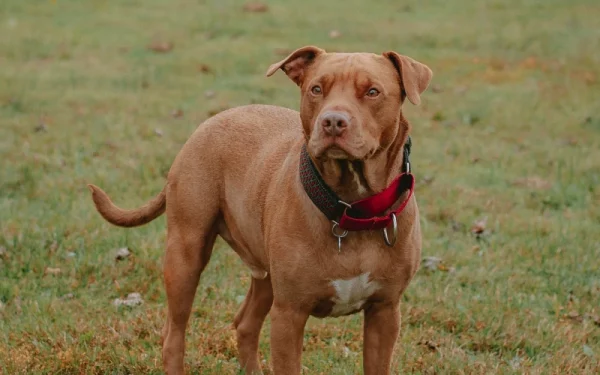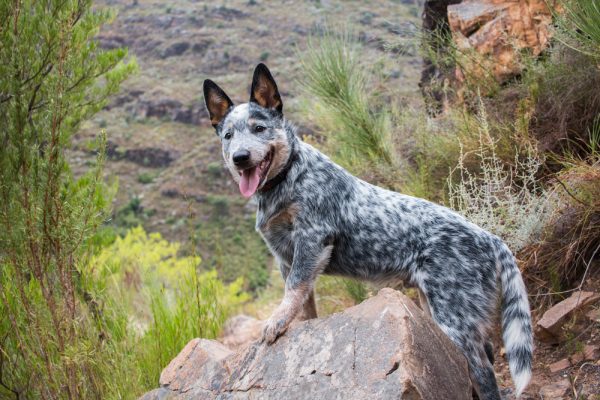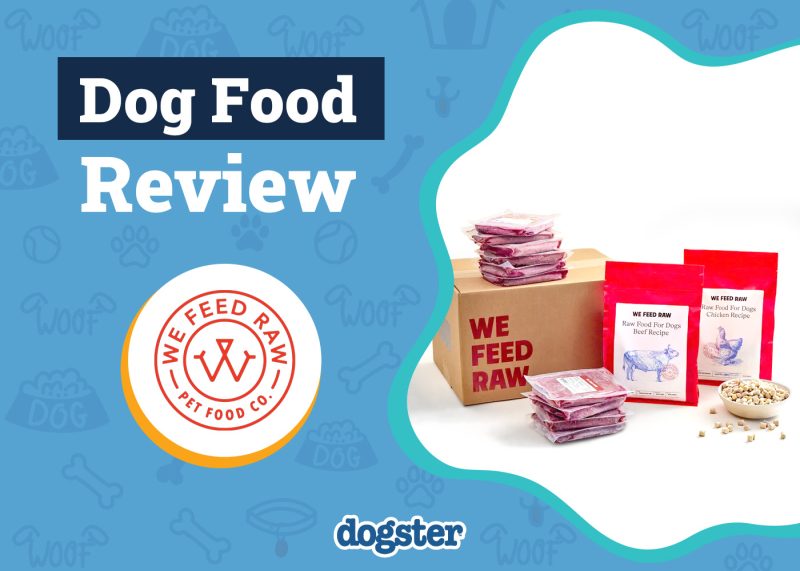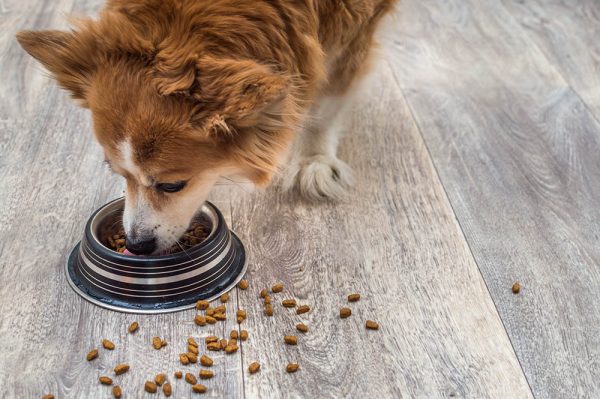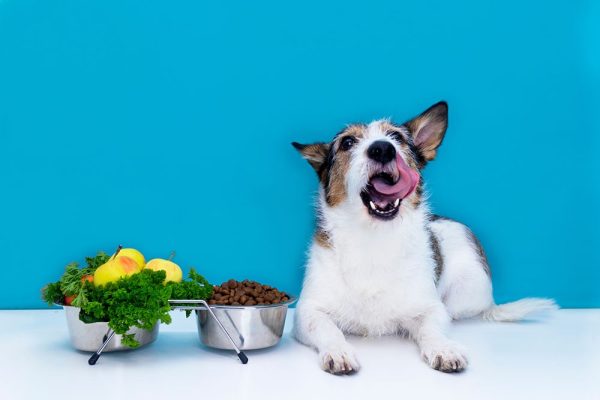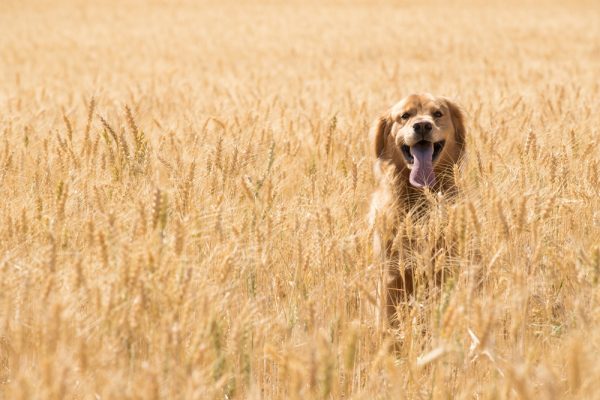In this article
Losing a sick or aging pet is emotionally challenging for owners on many levels. While we manage our personal feelings and inner stress as a beloved dog nears their end, we must also comfort our grieving loved ones, including other pets.
Although dogs may not have a deep understanding of death, their familial attachments and ability to recognize illness can affect their emotions and, subsequently, their behaviors when someone close is about to die.
Noticing these effects is essential for owners trying to help family members through this stressful time. Let’s explore whether dogs understand if another dog is dying and how it might affect their behavior so you can provide your pets with the care and support they deserve.

Do Dogs Understand If Another Dog Is Dying?
The degree to which dogs understand the concept of death is debatable, but dogs likely know when a fellow dog is close to passing away. Using their senses and observational skills, they can recognize changes in bodily signals and behaviors indicating something is wrong.
In some instances, dogs may pick up on illnesses before their owners realize their other pet is sick.
Dogs Can Detect Illness
A dog’s sense of smell is powerful enough to pick up minor chemical changes. As disease takes effect, our bodies produce volatile organic compounds (VOCs) too minute for us to notice but easy for our dogs to sense.
Dogs have proven their ability to detect cancers, diabetic blood-sugar drops, epileptic seizures, and other significant medical events in humans. Meanwhile, changes in VOCs from breath and sweat can clue a dog into psychological stress, showing the sick dog is anxious and uncomfortable.
They can even recognize unique chemical signals called necromones that present when another person or animal dies or is dying. They notice weakness, lethargy, and changes in habits, like eating or evacuation. Paired with the chemical signals coming off their body, these indicators may show other dogs that the pet will die soon.
However, despite their impressive feats with regards to detecting various ailments in humans, the information above should be interpreted with caution. The use of dogs for medical detection is a concept still very much in its infancy and not understood very well.1
In addition, though dogs can be trained to sniff out particular ailments in other dogs (such as cancer),2 it’s prudent to appreciate the fact that dogs used in such studies are trained to perform the specific task at hand. As such, interpretation of these studies should be done with caution, as not all dogs would have the ability to perform the same task, especially if they weren’t given the same training.
Dogs Are Empathetic
One of the dog’s most endearing traits is their ability to identify and match our emotional states. Dogs are highly empathetic, allowing the feelings of others to affect them. They reflect happiness during play and take on negative emotions when those close to them feel stress.
Studies have shown dogs can discriminate between positive and negative emotions in people and other dogs. They understand facial expressions, body movements, and vocalizations.
Dogs demonstrate stress responses like cortisol increases when they hear crying or whining and show comfort and concern for those who seem distressed.


How Do Dogs Act When Another Dog Is Dying?
As with many animals, including their wolf ancestors, death is a social event for dogs. Anecdotal reports claim that they often seek out and stay close to their dying companion. Although they may not understand that their fellow dog is dying and won’t come back, they still notice their failing health while recognizing and sharing the emotional responses of other family members.
A dog noticing another distressed dog will offer comfort when they have a friendly relationship. Familiar dogs will likely be more alert to the other dog’s behavior. They’ll show greater concern, looking toward the other dog more often and spending more time together to calm them.
They might express additional affiliative behaviors, such as sniffing or rubbing against the other dog’s body, standing close, or licking them. All dogs are unique, and breed, environmental, and personal differences can affect how they respond to another dying dog.
While some dogs may seem concerned and cling to the other animal, others may withdraw or, in some instances, even show indifference.
Dogs Become Attached
A dog’s response to distress is more intense for a dog they know than an unfamiliar dog. Just as dogs bond with their owners, they feel strong connections to other dogs that share their lives. While the amount of time spent together doesn’t necessarily significantly affect how a dog responds to the other dog’s death, friendlier relationships create cohesion.
Dogs adopt routines, and they learn to cooperate and synchronize their behaviors. With a disruption to that dynamic, when a friendly dog dies or is dying, surviving dogs can easily become stressed.
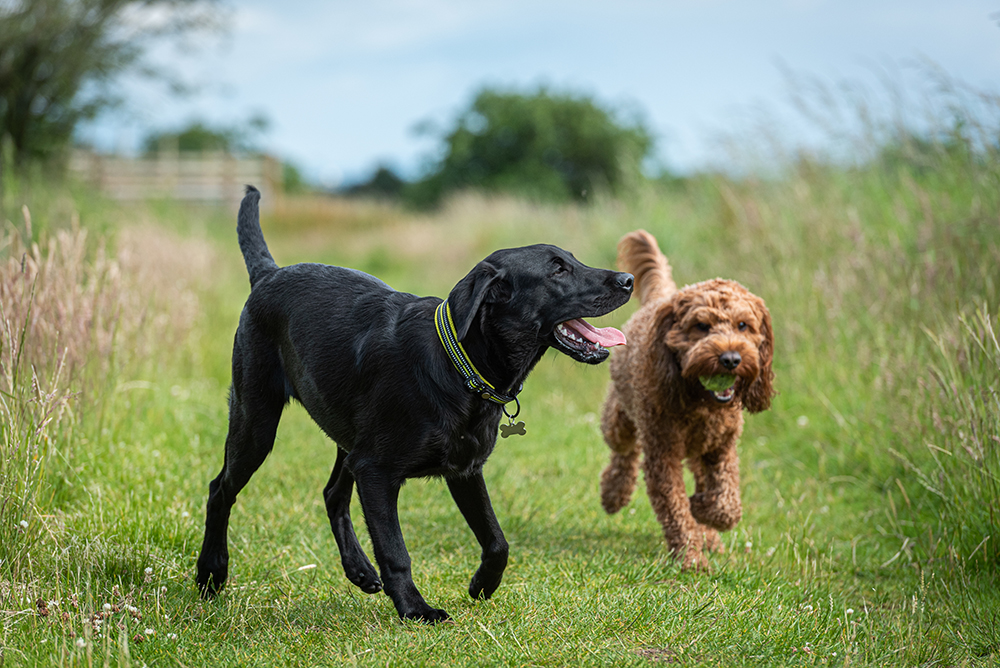
Do Dogs Mourn Other Dogs?
Anecdotal evidence reveals dogs can react to another dog’s death in several opposing ways. Studies have shown they will sense when other dogs are euthanized nearby and engage in unusual behaviors, including:
- Sudden silence
- Howling and whining
- Barking
- General agitation
Following the death of a canine companion, dogs can continue to behave in unique ways to cope. Dogs can become depressed and listless and move slower than usual. Their appetite and sleep patterns may change, and their desire to play will often decline. Some dogs will stand vigil or engage in searching behavior, returning to places familiar to their missing companion.
Interactions with owners and other family members can also change. Dogs may seem more fearful, distant, or apprehensive or become clingier and more prone to separation anxiety.
Do Dogs Understand Death?
A dog’s mournful reaction to another’s death doesn’t imply that they comprehend the event on a human level. Dogs sense illness and can identify the difference between a dead and a living body, but the meaning of the loss is questionable.
They can’t predict or feel anxiety over an impending death the way we do, nor do they envision and mourn future life events that could have been with the animal that died. Many question if dogs feel genuine grief.
While they may experience intense, simple emotions like fear or sadness, grief is a complex process. Death inspires reflection on one’s mortality. It involves an inevitability and irreversibility that dogs may not grasp. We see this in searching behaviors and how dogs don’t significantly change their actions even if they view and interact with another dog’s dead body.
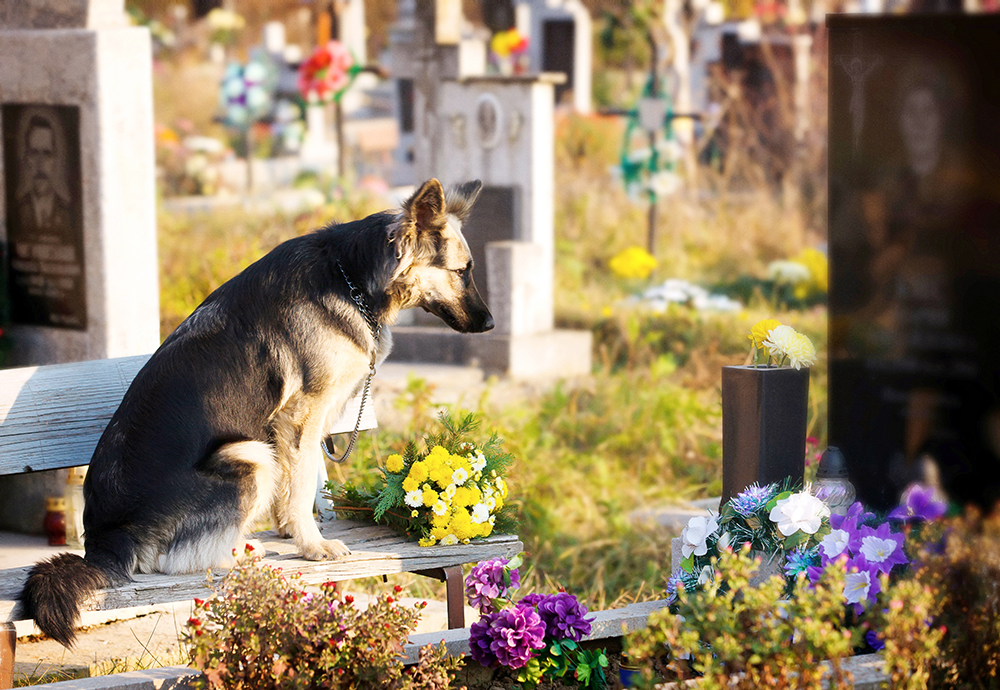
Dogs Still Grieve
While this may make it seem like dogs can’t feel grief, others ask whether these factors matter. A dog’s grief may be more akin to separation anxiety than the mournful understanding humans have of the permanence of death. Still, that doesn’t diminish the emotional importance of the loss to the dog.
Though dogs don’t comprehend all that it means to be dead, some argue grief is a process of learning a new world without a loved one. It doesn’t necessarily demand an understanding that that individual died.
Indeed, the missing relationship impacts surviving dogs as critical bonds disappear and life becomes unpredictable. They react accordingly with depressed or fearful behavior, eventually adapting and moving on.

Helping Dogs Cope With Death
A dog’s grief can take many forms and vary in its duration. Some dogs seem to cope with another dog’s death within only a few days. Others may take several months to settle into life after loss. While we can’t eliminate a dog’s grief entirely, we can help them navigate this uncertain time.
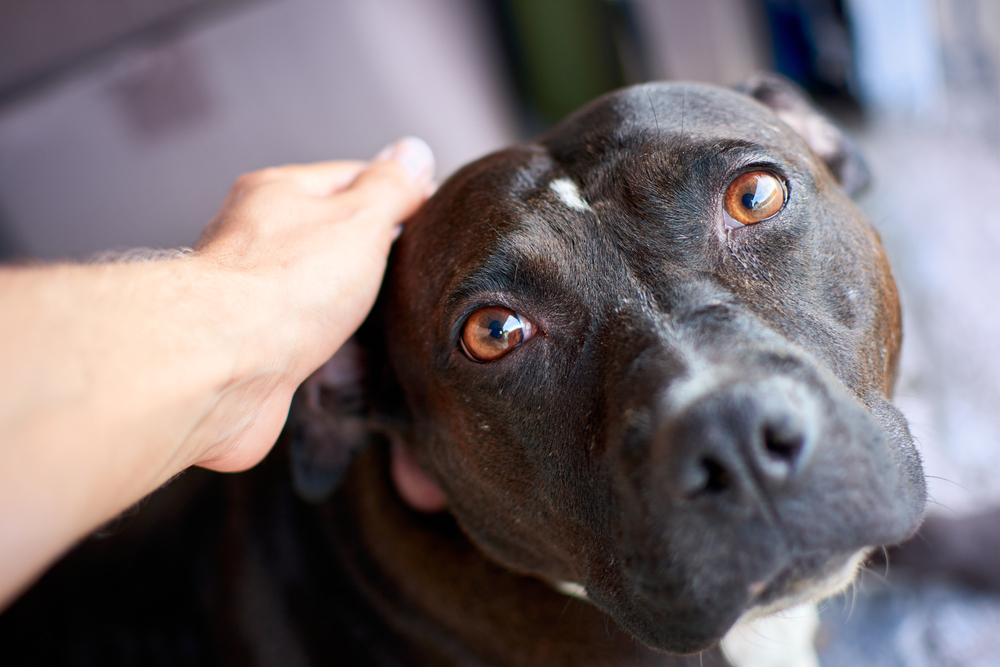
Maintain the Routine
The change in day-to-day life that comes with the death of another dog enhances the confusion and feelings of loss in our surviving pets. By keeping the routine the same, you can maintain a sense of normalcy, predictability, and safety. Although your dog will still feel the absence of the other dog, keeping everything relatively similar can decrease their fear and stress.
Watch Your Emotions
Although a dog’s death causes grief for us as owners, our surviving pets can feel better when we monitor how we communicate our emotions. Dogs are sensitive, reflecting the inner state of those around them.
They notice the body language and chemical signals of stress, anger, and fear, causing them to develop negative feelings. By working on our grief, finding comfort in our pets, and staying positive, we can provide a greater sense of security and help everyone cope with the loss of another dog.

Conclusion
We don’t know precisely how much dogs comprehend the impending loss of another dog, and we can’t always predict how they’ll react. Still, the emotional impact of losing a companion is impossible to deny. A dog’s grief deserves respect, and as owners, we must make every accommodation and show our support as they transition to this next chapter of their life without their friend.
Featured Image Credit: fongbeerredhot, Shutterstock




